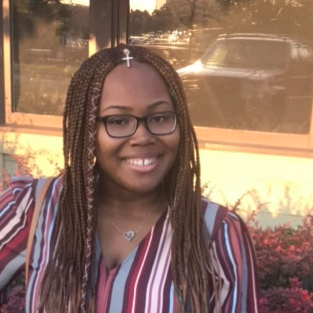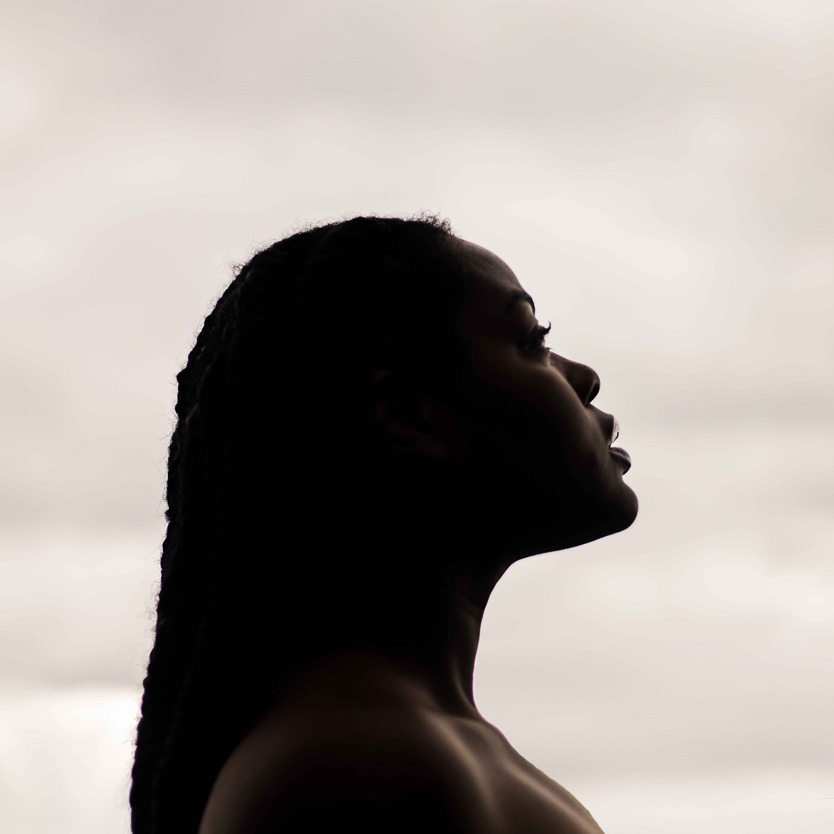Black Women are Mentally Tired
by Kianna Goss
Being Black in America is tough—carrying the issues of police brutality, stereotypes, unequal opportunities, and other forms of oppression. Like many other Black women, I am mentally tired.
Usually I try to steer away from this stereotype of being the “angry Black woman.” This stereotype portrays African American women as “sassy” or “quick-tempered,” but the purpose of creating this is to silence Black women. However, I will no longer be silent because I have every right to be angry towards a society that does not protect Black women.
Just recently, on September 23, 2020, we watched as a grand jury refused to bring the charges against the officers involved in the murder of Breonna Taylor. Only one of three officers in Taylor’s case was charged, and he was merely indicted on three counts of wanton endangerment in the first degree for the shots he fired into the neighbor’s apartment. He was not charged for Taylor’s death and was granted a $15,000 cash bond. Even as protesters, activists, and leaders marched and campaigned for justice for Breonna Taylor, the system failed our Black women once again.
Not only are our Black women tired of this repeated suffering of police brutality, we are also tired of society not believing our stories. When Black women experience traumatic events, we are silenced by a society that does not believe our stories. We often have to explain ourselves or be mocked in the media as “liars,” or we are accused of exaggerating. We fail to have a voice in a society that wants us to be silent.
In July 2020, the rapper Megan Thee Stallion was shot in the foot by Tory Lanez. When police arrived at the scene, Megan concealed the fact that Lanez shot her, blaming the wound on broken glass. She did so because she was worried that the police might begin shooting if they thought a gun was involved, thus protecting him. Later, around August of 2020, Megan broke her silence and openly talked about Tory shooting her in the foot on her social media. This was the first time Megan classified Lanez as her shooter.
On September 24, 2020, Lanez dropped an album gaslighting Megan Thee Stallion, denying that he shot her. Many fans and trolls were on social media making memes and harsh tweets making fun of Megan being shot. This was an incident where a Black woman is trying to protect a Black man from jail, but he failed to protect her. Lanez has since been charged in Megan Thee Stallion shooting and is facing two felony charges for assault with a semiautomatic firearm and carrying a loaded unregistered firearm in a vehicle.
As Black women, we are mentally exhausted of being the “protectors” and having no one to look after us. After so long you can’t continue being “the Strong Black woman” everyone expects you to be.
Do you know what’s it like to walk in the shoes of a black woman? I have to work twice as hard to prove that I belong in a professional setting. I have to watch my tone and dialect so I will not be perceived as sassy or uneducated. I have to be polite when I am being catcalled because men fail to take rejection and it could lead to death if I choose to ignore him. I must always smile—if not, people assume I am angry, even if I am happy, relaxed, or not showing any particular emotion. When the cops pull me over, my hands must stay where they can see them because I know my skin makes me a target.
So what can society do to protect Black women?
Start believing us, listen to our voices, educate yourself on our dialect, our hair, or our style. Get rid of the stereotypes that keep us from having equal power in institutions and society. Stop portraying us as the villain, but think of us as the creators, the empowered, and the leaders. If we want to heal the trauma behind Black women, we must eliminate our implicit biases and grapple with the idea that Black women need to be protected.
About Kianna Goss

Kianna Goss is a junior at Bradley University, majoring in journalism with a double minor in sociology and advertising with public relations. Community involvement requires the use of one’s voice; in Goss’s case, her voice, which she expresses through writing, is one of the strongest platforms she has. Being a Black woman, Goss often writes to give a voice to the Black community. In doing so, she gains control over a media narrative that portrays the Black community in a negative way. As a writer who expresses herself through many different forms expressions, she has written poetry, blogs, newspaper articles, and opinion pieces. She is always looking for more opportunities to grow as a writer and personally. Goss is involved in many organizations at Bradley University. She is currently the marketing/ communications director for Bradley’s Communication Agency, a peer mentor for the Office of Diversity and Inclusion, a writer for the student newspaper The Bradley Scout, and a caller at the Bradley Fund. Being able to explore her creativity is what Goss loves most about Bradley. The Communications department is molding her into the journalist she aspire to be.

